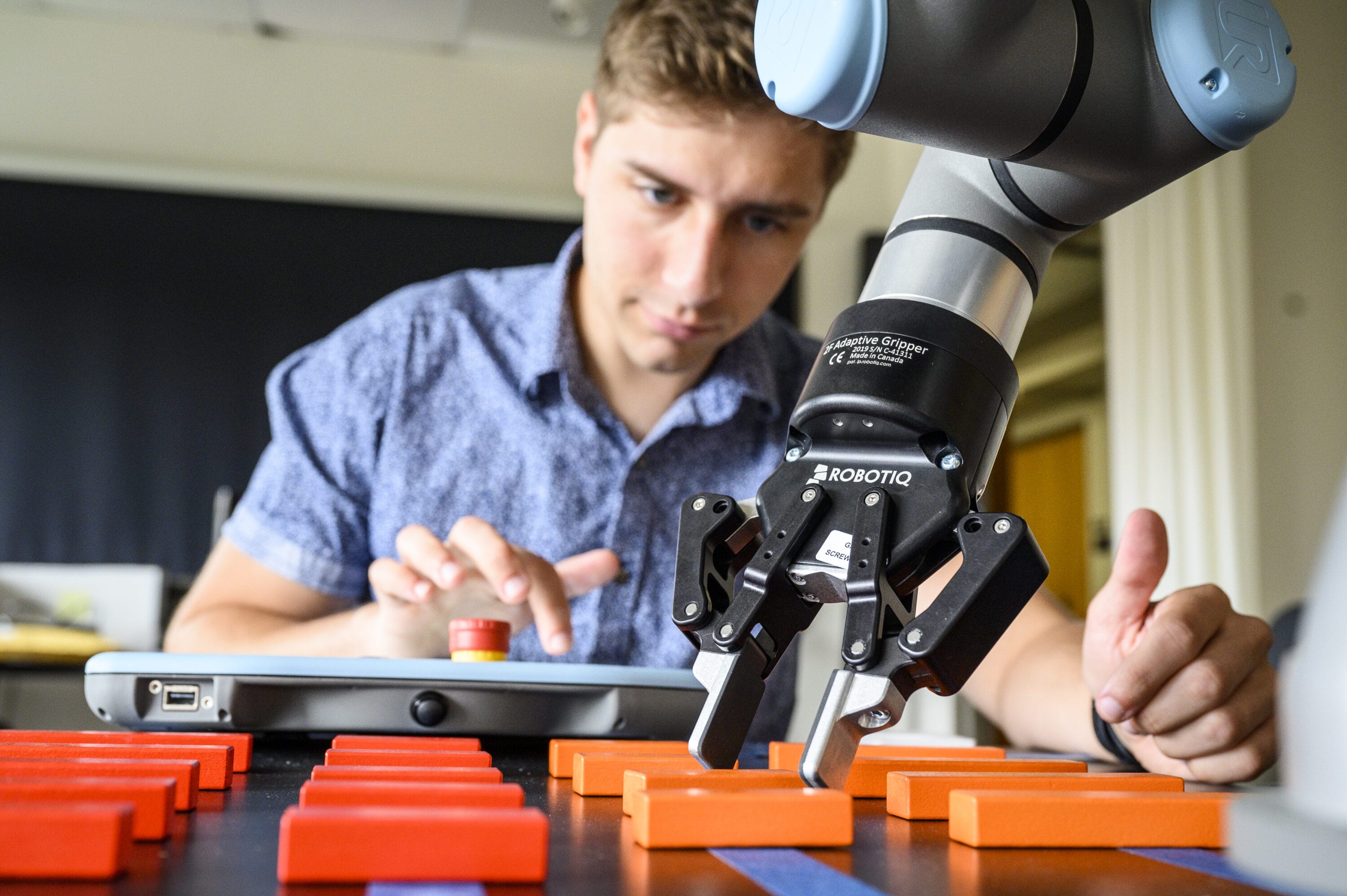Program options
What degree or certificate is right for you?
Bachelor’s Degree
A bachelor’s degree is awarded upon the completion of an academic program that requires four to five years of full-time equivalent preparation. Depending on the field, graduates are qualified to work in entry or management-level positions. A bachelor’s degree is typically required for acceptance into a graduate program.
Doctoral Degrees
A doctoral degree is awarded upon the completion of a PhD program and is the highest level of academic degree which, on average, takes four to seven years to complete. Graduates generally qualify to work in top-tier careers and may notice advancement in their current profession. A doctorate degree is typically a basic threshold for certain professional roles, including the licensed practice of medical care, professorship, or professional research.
Graduate-level Certificate
Graduate-level certificates, called capstone certificates at UW–Madison, generally focus on professional skills and certification in a particular discipline, and typically take a year to complete. This type of certificate helps individuals advance in their current field or obtain an advanced position in another field. Students typically need a bachelor’s degree to pursue a graduate-level certificate.
Master’s Degrees
A master’s degree is awarded upon the completion of a graduate program where students specialize in an area of study and typically takes 1 to 2 years to complete. Depending on the field, graduates may qualify for work in an advanced or executive-level position. A bachelor’s degree is typically required for admission, along with a minimum GPA and an acceptable score on an entrance exam.
Personal & Professional Development
Certificates for personal and professional development allow students to specialize in topics and build skills related to their workplace, career, or personal interests.
Specialist Degree
A specialist degree is an advanced graduate degree that provides deeper education and training in a particular area of study. Traditionally earned after a master’s degree but before or in lieu of a doctorate, a specialist degree may include practical field work or an internship.
Undergraduate-level Certificate
Undergraduate programs generally focus on a specific topic or theme, and are designed to be completed in conjunction with an undergraduate degree. Certificates give students the opportunity to pursue a subject of interest and have the completion of the course of study recognized.
How will you learn at UW–Madison?
We offer a variety of master’s and certificate programs in each of these formats. Research your program of interest to discover your options.
Accelerated
Programs have a higher course load to condense the time to completion. Compared to regular programs, accelerated programs allow you to complete your education with minimal disruption to your life and career.
Evening/Weekend
Courses meet on the UW–Madison campus only in the evenings and/or on weekends. Evening/weekend programs help you keep your day job and other commitments while still benefiting from in-person classwork.
Face-to-face
Courses typically meet in person during weekdays on the UW–Madison campus. Face-to-face programs let you experience life in downtown Madison while learning in a traditional classroom environment.
Hybrid
Programs combine face-to-face and online learning formats. Contact the program for its specific course schedule. Hybrid programs blend in-person and online courses, so you benefit from the traditional classroom environment and the flexibility of some online instruction.
Online
Courses are conducted 100% online. Some programs may require an on-campus orientation or residency experience. Online programs offer you the convenience of distance learning and the opportunity to participate in a rich, interactive learning environment.
Let us help
Sign up to receive application tips and deadline reminders.
